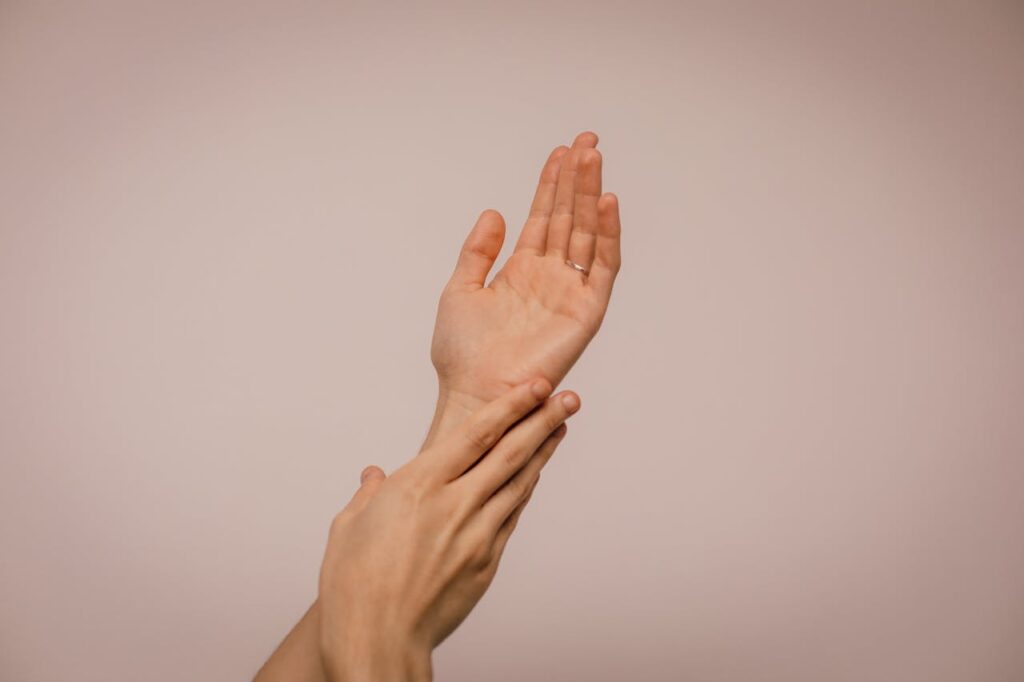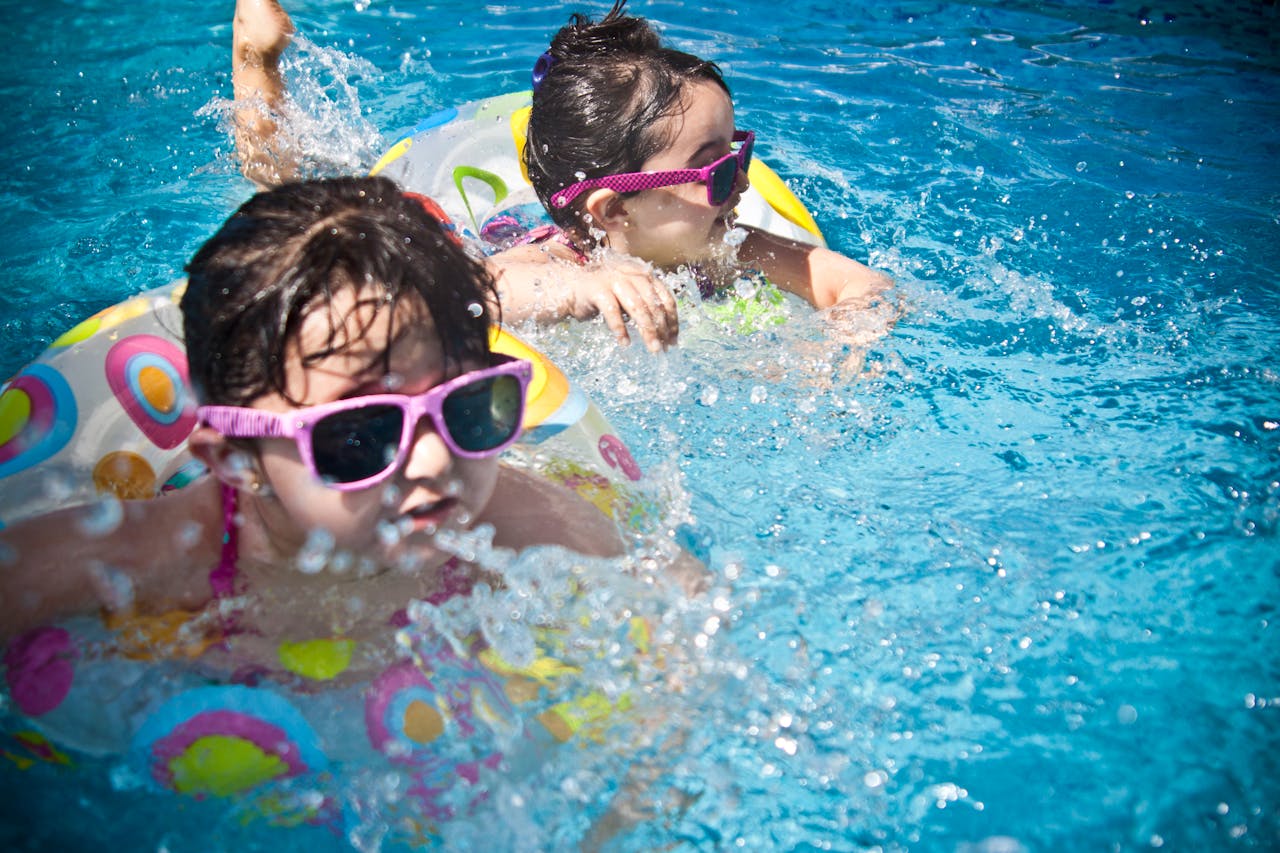Is Chlorine Bad for Your Skin?
Your swimming pool should be an oasis, helping you relax, unwind, and revive your spirit. But enjoying your backyard spa can be challenging when you’re concerned about how it affects your body. So, is chlorine bad for your skin? Today, we’ll discuss the effects of chlorine on your skin, hair, and overall health to put your mind at ease.
How does chlorine affect the skin?
Most chlorinated swimming pools contain chlorine concentrations of 1 to 3 parts per million (ppm), while water in a hot tub may measure 3 to 5 ppm. When compared to something like bleach, which contains 50,000 ppm, these numbers are much more manageable. Here’s how your skin may react to this low-dose chlorine exposure:
Can dry out the skin

While chlorine is not necessarily bad for your skin, it can strip your outer layer of natural oils that protect the skin barrier and lock in hydration.
It may also cause oxidative stress within your skin cells, accelerating dryness, irritation, and signs of aging. This is why your skin may feel tight, dry, or flaky after prolonged exposure to a chlorine pool but not a salt pool.
Can cause irritation or contact dermatitis
Some people with sensitive skin or certain skin conditions may develop redness, itching, or a rash after a swim. In very rare cases, chemical burns may occur.
Can imbalance the skin’s natural pH
Your skin is slightly acidic, so chlorine (which is highly alkaline) and other pool chemicals may disrupt your skin’s delicate acid balance, making it more inclined to dryness, damage, and breakouts.
Related reading: How To Fix Your pH Balance Overnight
How to minimize the effects of chlorine on the skin
Although chlorine can have adverse effects on skin, they’re generally mild and resolve on their own. That said, it’s possible to mitigate your body’s response with the right skin care practices and products.
Shower before and after swimming
Your hair and skin are like sponges, soaking up many of the molecules they’re exposed to, but a quick rinse before diving in can reduce the damage. Shower before a swim to saturate your hair and skin with fresh water, and again to wash away any residual chlorine before it dries out or irritates your skin.
Use skin moisturizers
Before swimming, apply a lightweight, water-resistant lotion or barrier cream to minimize direct exposure to your skin. After your post-swim shower, use a rich, hydrating moisturizer or a layer of coconut oil to restore the skin barrier and deeply hydrate your skin. You can also apply a diluted apple cider vinegar solution to balance your skin’s pH after your swim.
Wear protective gear
If you have sensitive skin or want to spend as much time as possible in the water, wear a swim cap and goggles to protect your hair and eyes. A rash guard or swim shirt can add another layer between your skin and the water, further minimizing the risk of overexposure.
Avoid prolonged exposure
Folks with dry or reactive skin may need to limit the amount of time they spend in a chlorinated pool. Try taking regular breaks to let your skin rest and dry off, rinsing between dips with a hose or outdoor shower.
Related: What Is a Pool Stabilizer?
Can swimming in chlorinated water actually be beneficial?
Chlorine may have a questionable reputation in some circles, but that’s largely unfounded. In fact, chlorine may actually be good for your skin! Here are some of the benefits of exposure:
Can help prevent acne breakouts
If you have acne-prone skin, you may have used topical hypochlorous acid to fight harmful bacteria, disinfect your skin, and calm irritation. This substance is like the gentle little cousin of a chlorinated pool. As such, a swim might be the perfect solution for stubborn acne.
Removes oils from the skin
While pool water can strip away too much oil from normal or dry skin, it can have a positive degreasing effect on oily skin. As a mild chemical cleanser, it breaks down and removes excess sebum and natural oils from the skin, leaving you fresh-faced and less shiny after a good swim.
May improve certain skin conditions
Chlorine exposure is not a medical treatment, but it may have some positive effects on mild fungal infections and eczema. This is due in part to chlorine’s antiseptic, antibacterial, and antimicrobial properties.
Related: 3 Alternatives to Chlorine for Swimming Pools
Visit GPS Pools for all your pool maintenance needs!
When it comes to your health, chlorine is not bad for your skin, especially in moderation. If you’re not sure how your skin will respond to chlorine exposure, start small and take frequent breaks to monitor your response.
And always wear broad-spectrum sunscreen unless you’re hitting the indoor poo! GPS Pools is here to help with all your pool and spa needs. From saltwater conversions and deck remodeling to year-round maintenance, we do it all. Reach out today to learn more!

